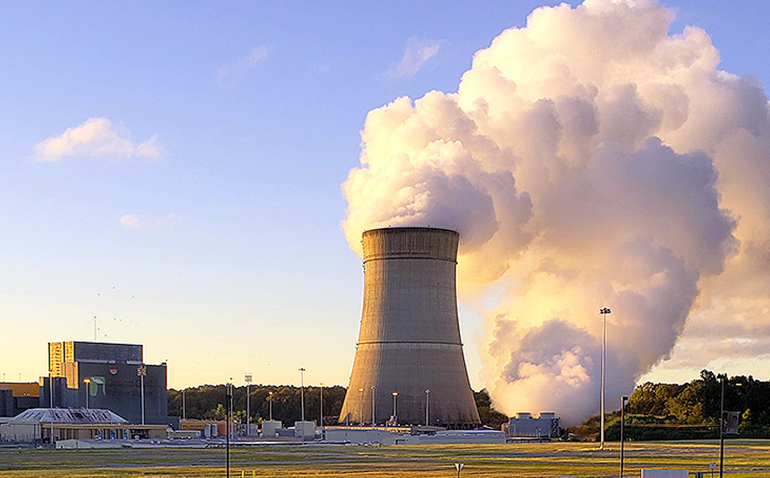
Entergy’s Fuel Audit Leads To Further Action Required by the PSC
The Mississippi Public Service Commission (MPSC) regularly conducts fuel audits of the state’s two investor owned utilities, Entergy and Mississippi Power Company.
These audits, conducted by outside firms hired by the MPSC, analyze fuel costs (which can be passed on to ratepayers in the form of increased rates) and whether improvements can be made by the utilities to save customers money.
The auditors, Liberty Consulting Group (Liberty) and Horne LLP, were hired in 2019 to analyze Entergy’s fuel costs. Liberty issued seven recommendations, but the commission’s order issued at the July 3 meeting only requires action on the first two, and it requires Entergy to submit an action plan regarding those recommendations within 30 days of the order.
The other recommendations by Liberty will be deferred by the MPSC. Those include analysis of Entergy’s coal, natural gas and fuel oil costs, evaluations of the company’s power plant operations (from both a performance and maintenance backlog viewpoint) and an evaluation of Grand Gulf Nuclear Station.
The two items requiring action involve some of the issues with Entergy’s relationship with an entity, known as Midcontinent Independent System Operator (MISO), which serves as a sort of air-traffic controller for power plants owned by multiple power companies in fifteen states to transmit power efficiently.
The MPSC, through a different process, is considering whether it should allow Entergy to continue its membership in MISO at all. Entergy joined MISO as part of an agreement with the U.S. Department of Justice in 2012 after DOJ investigated Entergy for antitrust matters involving its power purchases. Some have suggested that Entergy has been controlling MISO to its advantage since it joined.
One issue for MISO is its limited ability to move power between its northern and southern sections. Adding more transmission lines between MISO’s halves would be a solution to this issue, but several intervenors in the docket say Entergy has helped scuttle any of these initiatives.
The other part of the agreement with DOJ, in addition to joining MISO, was that Entergy would divest itself of its electricity distribution system, but it has not done so.
Liberty’s report also addressed the status of Entergy’s Independence coal plant in Arkansas that also supplies the company’s Mississippi subsidiary. The company says it plans to decommission the plant by 2030 as it tries to embrace a more carbon-neutral future.
Replacing the 416 megawatts of baseload generation provided by Independence for Entergy MS customers, along with a generation fleet that consists of several aging, maintenance-intensive coal and natural gas plants could hit customers hard in their wallets.
The MPSC needs to continue to scrutinize the status of Entergy’s generation fleet and ensure that Entergy balances the need for reliable capacity while minimizing the effect on ratepayers due to capital costs.
Sign up for BPF’s latest news here.
